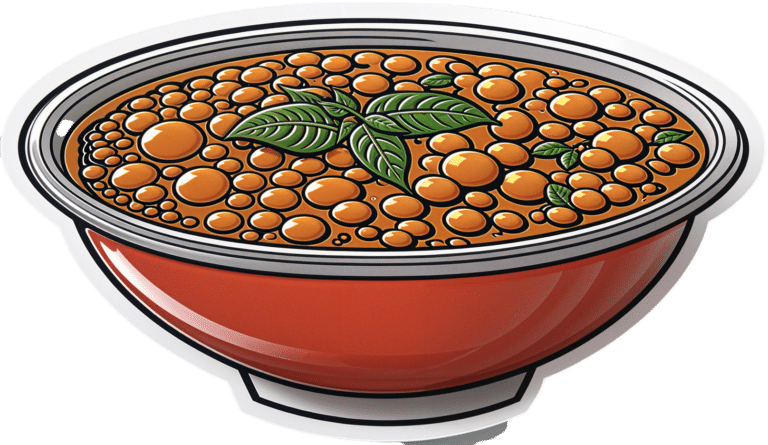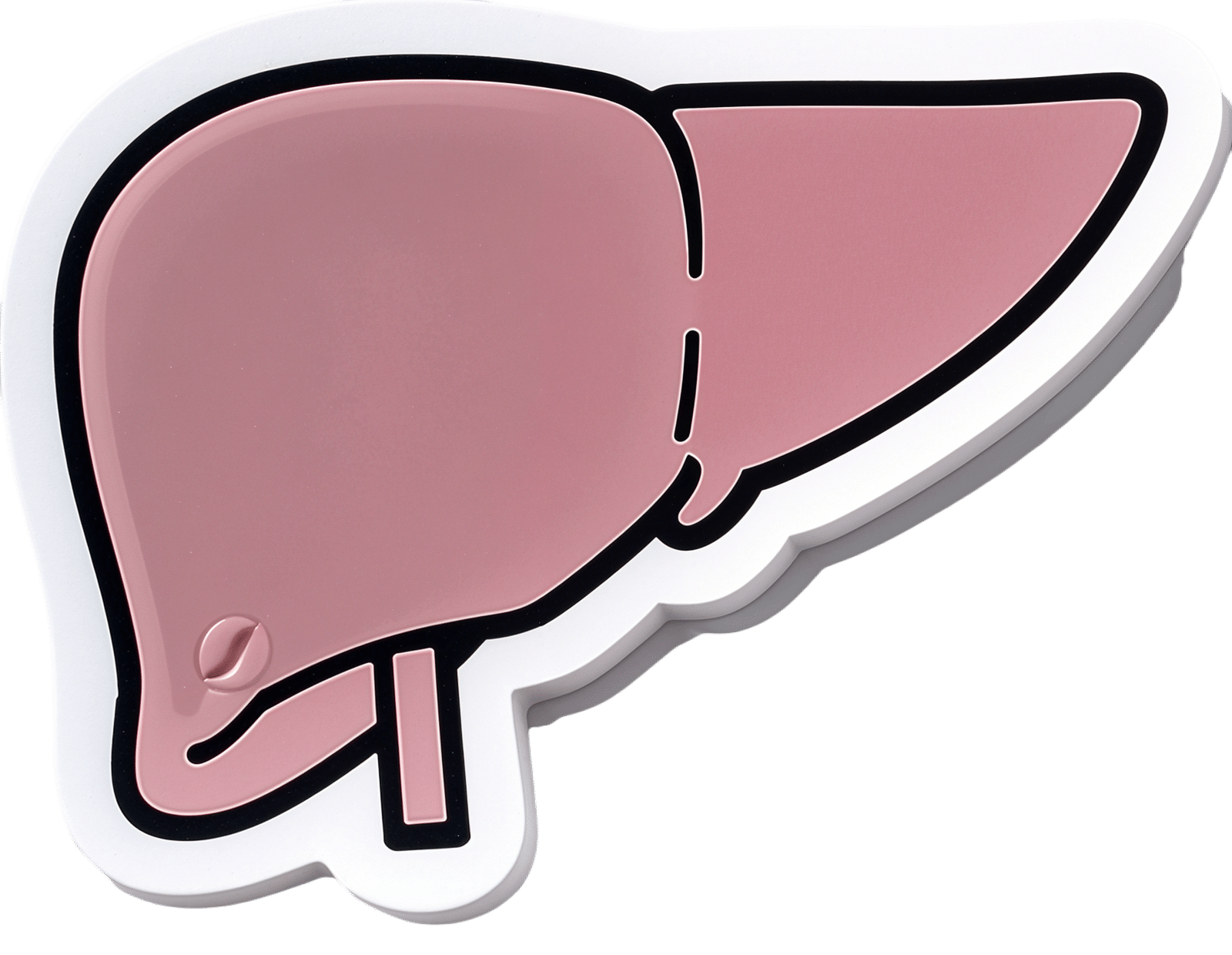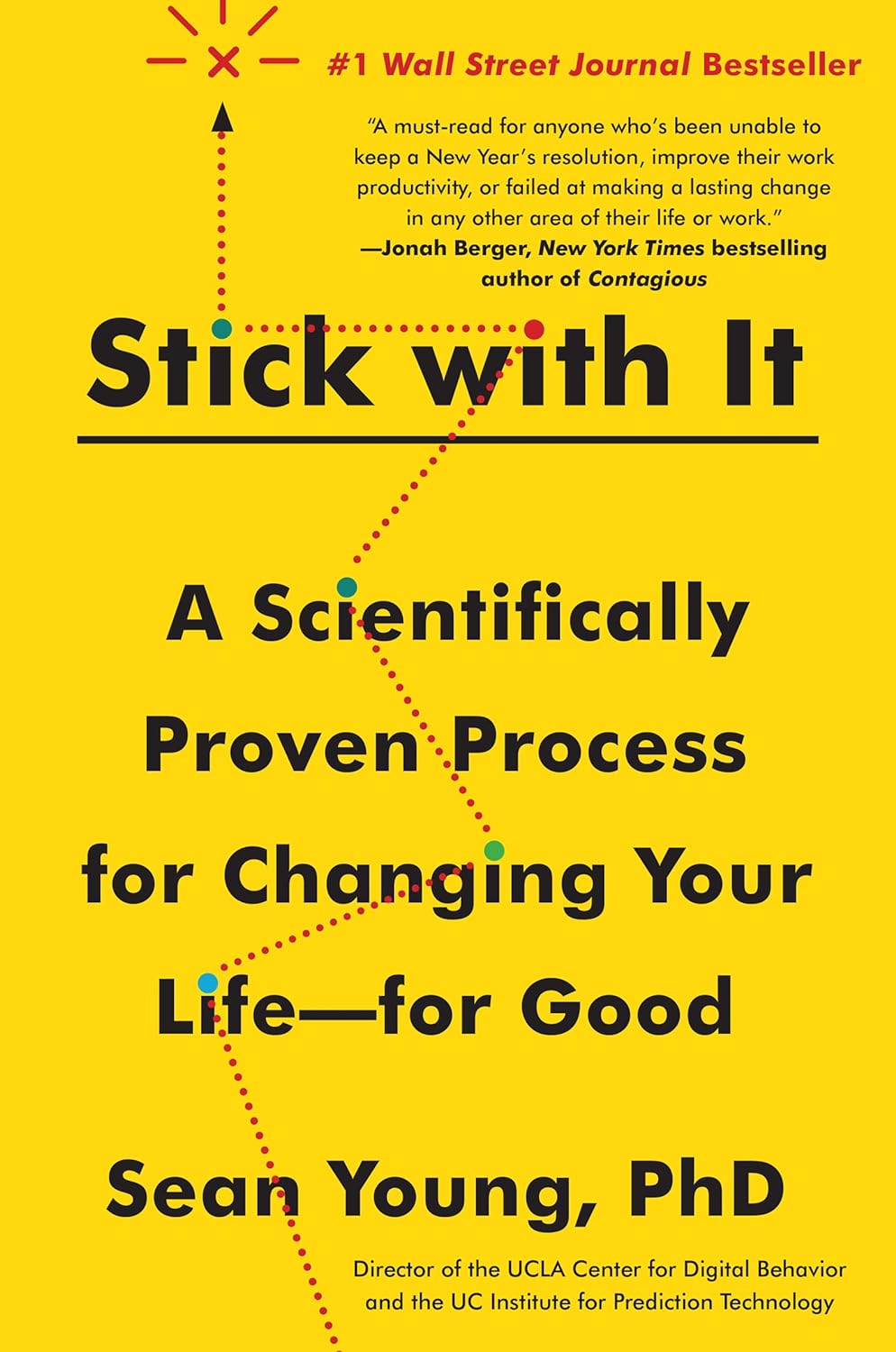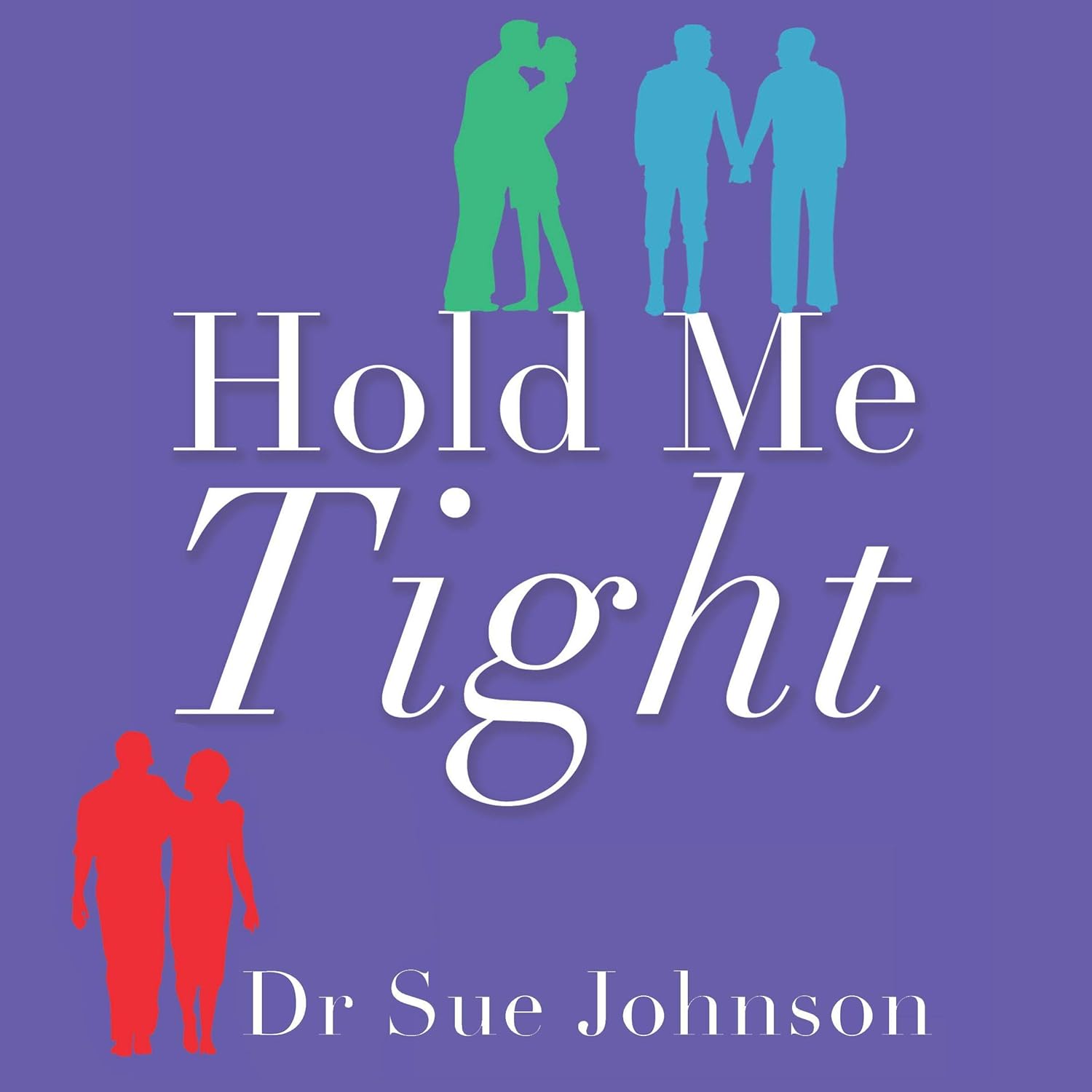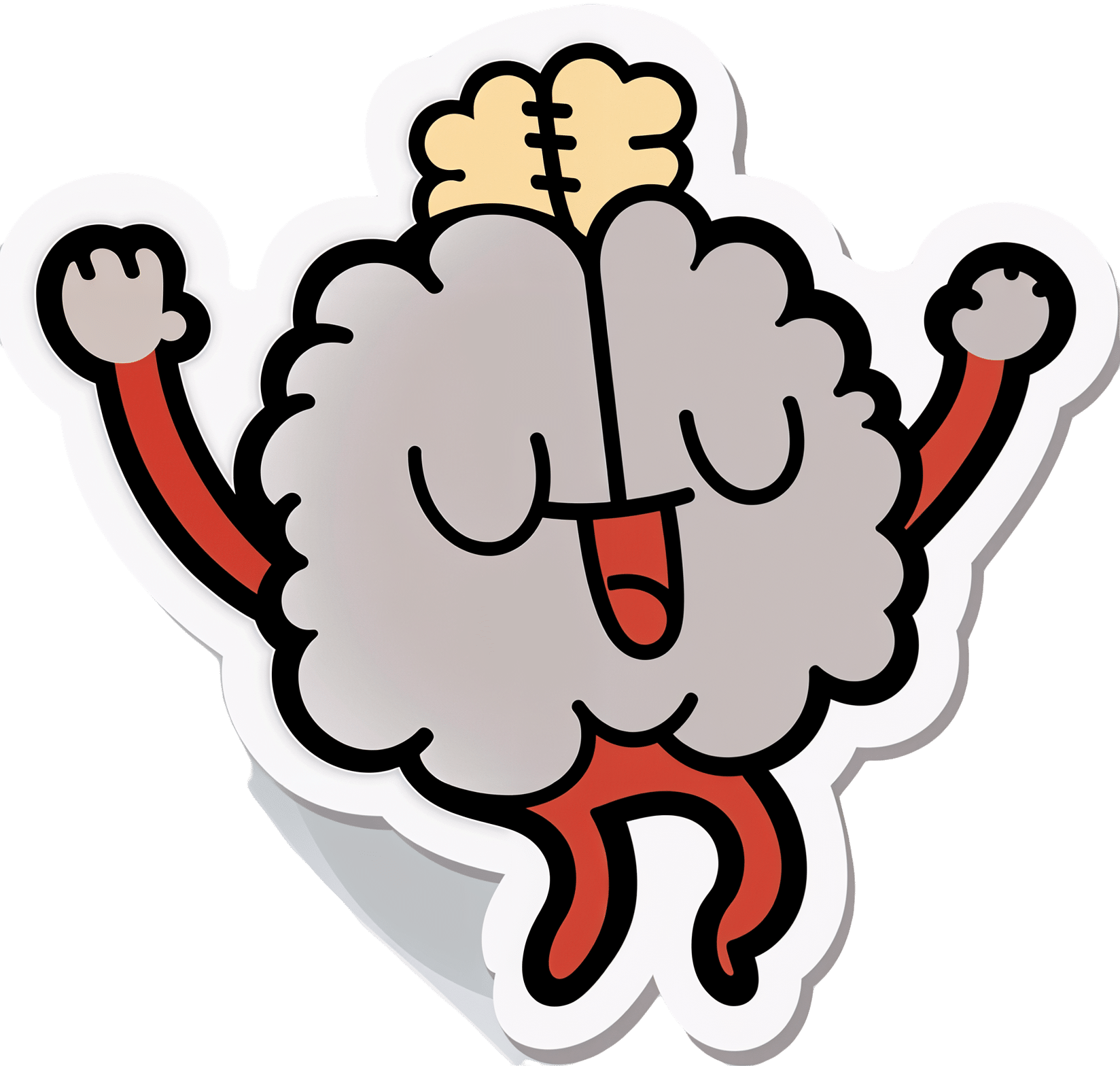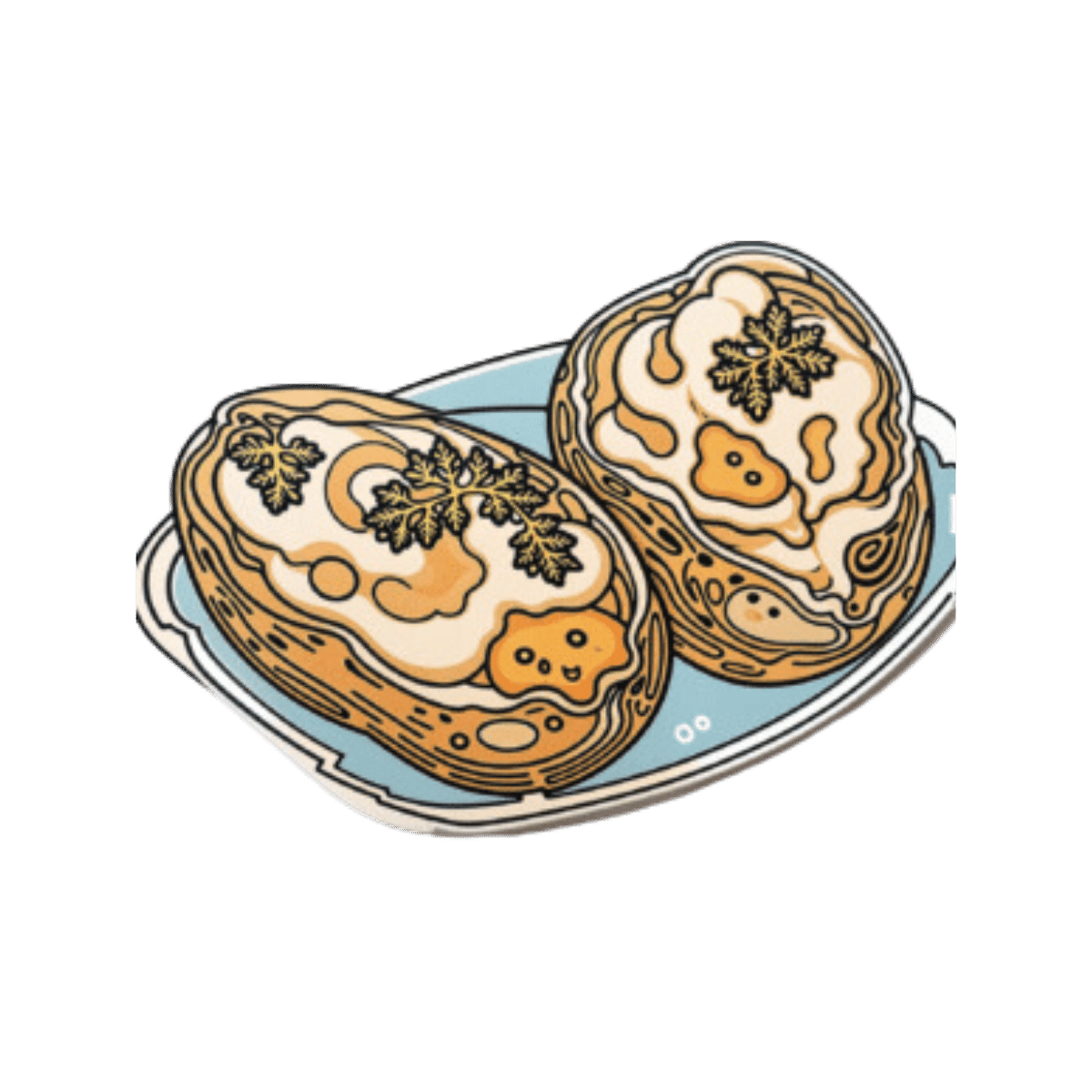
Twice-Baked Stuffed Potatoes
10almonds is reader-supported. We may, at no cost to you, receive a portion of sales if you purchase a product through a link in this article.
Packed with protein and fiber and dosed with healthy spices, these tasty treats can be enjoyed hot as they are, or cold as part of a salad dinner.
You will need
- 4 large baking potatoes
- 2 cans chickpeas, drained
- 1 can coconut milk
- ½ cup shredded mozzarella cheese, or plant-based alternative
- 1 bulb garlic (sounds like a lot, but this is about three cloves per potato; adjust if you want, though)
- 3 tbsp chopped pickled jalapeños
- 1 tbsp black pepper
- 2 tsp ground cumin
- 2 tsp dried thyme
- 1 tsp onion powder
- Toppings: smoked paprika, finely chopped parsley
Method
(we suggest you read everything at least once before doing anything)
1) Preheat the oven to 400℉ / 200℃.
2) Wash, prick, and bake the potatoes—the latter being for an hour, or until tender.
3) Remove them from the oven and lower the temperature to 350℉ / 175℃.
4) Cut the potatoes lengthways and scoop out the insides into a food processor, leaving enough in the potato that it can hold its shape.
5) Add the remaining ingredients (except the toppings, and half the chickpeas) to the food processor, and blend until smooth.
6) Stuff the filling back into the potato shells (by simple physics of volume, you’ll have a little more than you need, but make it heaped mounds rather than a flat fill-in, and you can probably use most of it, if not all), add the other half of the chickpeas on top and then finally the paprika dusting, and bake for a further 20 minutes.
7) Serve, adding the chopped parsley garnish.
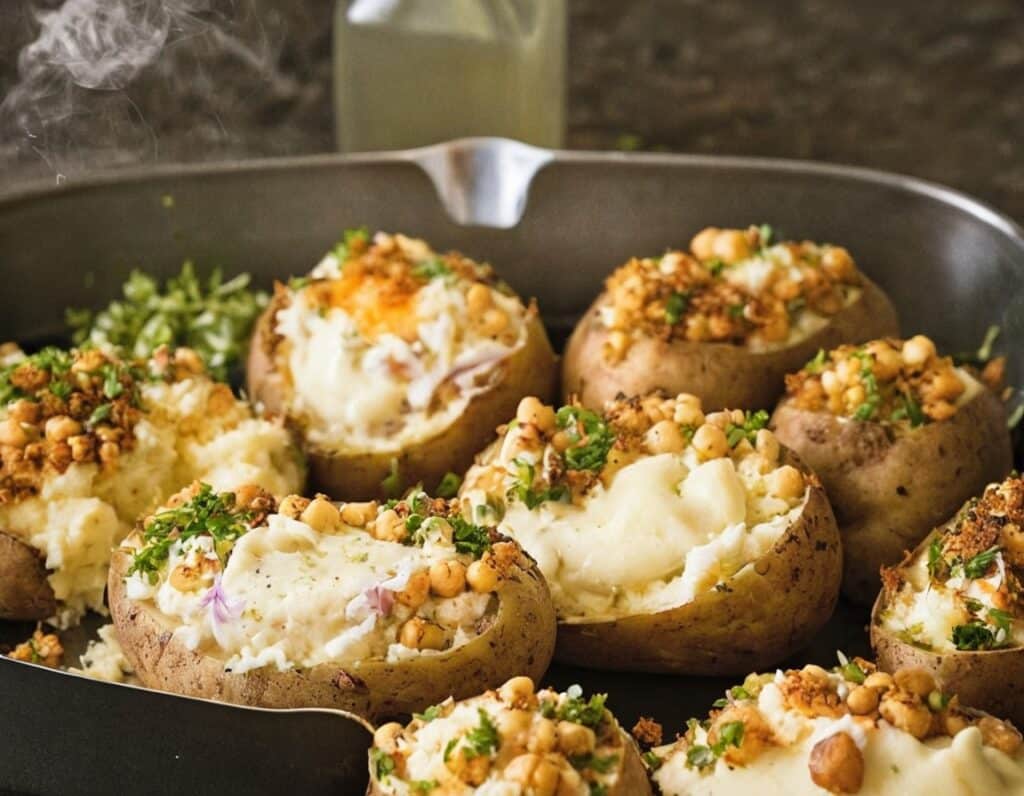
Enjoy!
Want to learn more?
For those interested in some of the science of what we have going on today:
- Should You Go Light Or Heavy On Carbs?
- Eat More (Of This) For Lower Blood Pressure
- Level-Up Your Fiber Intake! (Without Difficulty Or Discomfort)
- Our Top 5 Spices: How Much Is Enough For Benefits?
Take care!
Don’t Forget…
Did you arrive here from our newsletter? Don’t forget to return to the email to continue learning!
Recommended
Learn to Age Gracefully
Join the 98k+ American women taking control of their health & aging with our 100% free (and fun!) daily emails:
-
Spreading Mental Health Awareness
10almonds is reader-supported. We may, at no cost to you, receive a portion of sales if you purchase a product through a link in this article.
It’s Q&A Day at 10almonds!
Have a question or a request? You can always hit “reply” to any of our emails, or use the feedback widget at the bottom!
In cases where we’ve already covered something, we might link to what we wrote before, but will always be happy to revisit any of our topics again in the future too—there’s always more to say!
As ever: if the question/request can be answered briefly, we’ll do it here in our Q&A Thursday edition. If not, we’ll make a main feature of it shortly afterwards!
So, no question/request too big or small
Request: more people need to be aware of suicidal tendencies and what they can do to ward them off
That’s certainly a very important topic! We’ll cover that properly in one of our Psychology Sunday editions. In the meantime, we’ll mention a previous special that we did, that was mostly about handling depression (in oneself or a loved one), and obviously there’s a degree of crossover:
The Mental Health First-Aid That You’ll Hopefully Never Need
Share This Post
-
Codependency Isn’t What Most People Think It Is
10almonds is reader-supported. We may, at no cost to you, receive a portion of sales if you purchase a product through a link in this article.
Codependency isn’t what most people think it is
In popular parlance, people are often described as “codependent” when they rely on each other to function normally. That’s interdependent mutualism, and while it too can become a problem if a person is deprived of their “other half” and has no idea how to do laundry and does not remember to take their meds, it’s not codependency.
Codependency finds its origins in the treatment and management of alcoholism, and has been expanded to encompass other forms of relationships with dependence on substances and/or self-destructive behaviors—which can be many things, including the non-physical, for example a pattern of irresponsible impulse-spending, or sabotaging one’s own relationship(s).
We’ll use the simplest example, though:
- Person A is (for example) an alcoholic. They have a dependency.
- Person B, married to A, is not an alcoholic. However, their spouse’s dependency affects them greatly, and they do what they can to manage that, and experience tension between wanting to “save” their spouse, and wanting their spouse to be ok, which latter, superficially, often means them having their alcohol.
Person B is thus said to be “codependent”.
The problem with codependency
The problems of codependency are mainly twofold:
- The dependent partner’s dependency is enabled and thus perpetuated by the codependent partner—they might actually have to address their dependency, if it weren’t for their partner keeping them from too great a harm (be it financially, socially, psychologically, medically, whatever)
- The codependent partner is not having a good time of it either. They have the stress of two lives with the resources (e.g. time) of one. They are stressing about something they cannot control, understandably worrying about their loved one, and, worse: every action they might take to “save” their loved one by reducing the substance use, is an action that makes their partner unhappy, and causes conflict too.
Note: codependency is often a thing in romantic relationships, but it can appear in other relationships too, e.g. parent-child, or even between friends.
See also: Development and validation of a revised measure of codependency
How to deal with this
If you find yourself in a codependent position, or are advising someone who is, there are some key things that can help:
- Be a nurturer, not a rescuer. It is natural to want to “rescue” someone we care about, but there are some things we cannot do for them. Instead, we must look for ways to build their strength so that they can take the steps that only they can take to fix the problem.
- Establish boundaries. Practise saying “no”, and also be clear over what things you can and cannot control—and let go of the latter. Communicate this, though. An “I’m not the boss of you” angle can prompt a lot of people to take more personal responsibility.
- Schedule time for yourself. You might take some ideas from our previous tangentially-related article:
How To Avoid Carer Burnout (Without Dropping Care)
Want to read more?
That’s all we have space for today, but here’s a very useful page with a lot of great resources (including questionnaires and checklist and things, in case you’re thinking “is it, or…?”)
Share This Post
-
How To Unfatty A Fatty Liver
10almonds is reader-supported. We may, at no cost to you, receive a portion of sales if you purchase a product through a link in this article.
How To Unfatty A Fatty Liver
In Greek mythology, Prometheus suffered the punishment of being chained to a rock, where he would have his liver eaten by an eagle, whereupon each day his liver would grow back, only to be eaten again the next day.
We mere humans who are not Greek gods might not be able to endure quite such punishment to our liver, but it is an incredibly resilient and self-regenerative organ.
In fact, provided at least 51% of the liver is still present and correct, the other 49% will regrow. Similarly, damage done (such as by trying to store too much fat there due to metabolic problems, as in alcoholic or non-alcoholic fatty liver disease) will reverse itself in time, given the chance.
The difference between us and Prometheus
In the myth, Prometheus had his liver regrow overnight every night. Ours don’t recover quite so quickly.
Indeed, the science has good and bad news for us:
❝Liver recolonization models have demonstrated that hepatocytes have an unlimited regenerative capacity. However, in normal liver, cell turnover is very slow.❞
~ Michalopoulos and Bhusan (2020)
Read more: Liver regeneration: biological and pathological mechanisms and implications
If it regenerates, why do people need transplants, and/or die of liver disease?
There are some diseases of the liver that inhibit its regenerative abilities, or (as in the case of cancer) abuse them to our detriment. However, in the case of fatty liver disease, the reason is usually simple:
If the lifestyle factors that caused the liver to become fatty are still there, then its regenerative abilities won’t be able to keep up with the damage that is still being done.
Can we speed it up at all?
Yes! The first and most important thing is to minimize how much ongoing harm you are still doing to it, though.
- If you drink alcohol, stop. According to the WHO, the only amount of alcohol that is safe for you is zero.
- You might like our previous article: How To Reduce Or Quit Alcohol
- Consider your medications, and find out which place a strain on the liver. Many medications are not optional; you’re taking them for an important reason, so don’t quit things without checking with your doctor. Medications that strain the liver include, but are by no means limited to:
- Many painkillers, including acetaminophen/paracetamol (e.g. Tylenol), and ibuprofen
- Some immunosuppresent drugs, including azathioprine
- Some epilepsy drugs, including phenytoin
- Some antibiotics, including amoxicillin
- Statins in general
Note: we are not pharmacists, nor doctors, let alone your doctors.
Check with yours about what is important for you to take, and what alternatives might be safe for you to consider.
Dietary considerations
While there are still things we don’t know about the cause(s) of non-alcoholic fatty liver disease, there is a very strong association with a diet that is:
- high in salt
- high in refined carbohydrates
- e.g. white flour and white flour products such as white bread and white pasta; also the other main refined carbohydrate: sugar
- high in red meat
- high in non-fermented dairy
- high in fried foods.
So, consider minimizing those, and instead getting plenty of fiber, and plenty of lean protein (not from red meat, but poultry and fish are fine iff not fried; beans and legumes are top-tier, though).
Also, hydrate. Most people are dehydrated most of the time, and that’s bad for all parts of the body, and the liver is no exception. It can’t regenerate if it’s running on empty!
Read more: Foods To Include (And Avoid) In A Healthy Liver Diet
How long will it take to heal?
In the case of alcoholic fatty liver disease, it should start healing a few days after stopping drinking. Then, how long it takes to fully recover depends on the extent of the damage; it could be weeks or months. In extreme cases, years, but that is rare. Usually if the damage is that severe, a transplant is needed.
In the case of non-alcoholic fatty liver disease, again it depends on the extent of the damage, but it is usually a quicker recovery than the alcoholic kind—especially if eating a Mediterranean diet.
Read more: How Long Does It Take For Your Liver To Repair Itself?
Take good care of yourself!
Share This Post
- If you drink alcohol, stop. According to the WHO, the only amount of alcohol that is safe for you is zero.
Related Posts
-
Stick with It – by Dr. Sean Young
10almonds is reader-supported. We may, at no cost to you, receive a portion of sales if you purchase a product through a link in this article.
Most of us know the theory when it comes to building new habits and/or replacing old ones, and maybe we even implement those ideas. So why is our success rate still not as high as we think it should be?
Dr. Sean Young is here to do science to it!
This book comes with advice and explanations that rely a lot less on “that sounds reasonable” and a lot more on “in this recent high-quality study, researchers found…”
And, at 10almonds, we love that. We’re all for trying new things that sound reasonable in general… but we definitely prefer when there’s a stack of solid science to point to, and that’s the kind of thing we recommend!
Dr. Young is big on using that science to find ways to trick our brains and get them working the way we want.
Each chapter has lots of science, lots of explanations, and lots of actionable step-by-step advice.
Bottom line: if you’re all over “Atomic Habits”, this one’s the science-based heavy-artillery for your practical neurohacking.
Don’t Forget…
Did you arrive here from our newsletter? Don’t forget to return to the email to continue learning!
Learn to Age Gracefully
Join the 98k+ American women taking control of their health & aging with our 100% free (and fun!) daily emails:
-
Hold Me Tight – by Dr. Sue Johnson
10almonds is reader-supported. We may, at no cost to you, receive a portion of sales if you purchase a product through a link in this article.
A lot of relationship books are quite wishy-washy. This one isn’t.
This one is evidenced-based (and heavily referenced!), and yet at the same time as being deeply rooted in science, it doesn’t lose the human touch.
Dr. Johnson has spent her career as a clinical psychologist and researcher; she’s the primary developer of Emotionally Focused Therapy (EFT), which has demonstrated its effectiveness in over 35 years of peer-reviewed clinical research. In other words, it works.
EFT—and thus also this book—finds roots in Attachment Theory. As such, topics this book covers include:
- Recognizing and recovering from attachment injury
- How fights in a relationship come up, and how they can be avoided
- How lot of times relationships end, it’s not because of fights, but a loss of emotional connection
- Building a lifetime of love instead, falling in love again each day
This book lays the groundwork for ensuring a strong, secure, ongoing emotional bond, of the kind that makes/keeps a relationship joyful and fulfilling.
Dr. Johnson has been recognized in her field with a Lifetime Achievement Award, and the Order of Canada.
Don’t Forget…
Did you arrive here from our newsletter? Don’t forget to return to the email to continue learning!
Learn to Age Gracefully
Join the 98k+ American women taking control of their health & aging with our 100% free (and fun!) daily emails:
-
The Mental Health First-Aid That You’ll Hopefully Never Need
10almonds is reader-supported. We may, at no cost to you, receive a portion of sales if you purchase a product through a link in this article.
Take Your Mental Health As Seriously As General Health!
Sometimes, health and productivity means excelling—sometimes, it means avoiding illness and unproductivity. Both are essential, and today we’re going to tackle some ground-up stuff. If you don’t need it right now, great; we suggest to read it for when and if you do. But how likely is it that you will?
- One in four of us are affected by serious mental health issues in any given year.
- One in five of us have suicidal thoughts at some point in our lifetime.
- One in six of us are affected to at least some extent by the most commonly-reported mental health issues, anxiety and depression, in any given week.
…and that’s just what’s reported, of course. These stats are from a UK-based source but can be considered indicative generally. Jokes aside, the UK is not a special case and is not measurably worse for people’s mental health than, say, the US or Canada.
While this is not an inherently cheery topic, we think it’s an important one.
Depression, which we’re going to focus on today, is very very much a killer to both health and productivity, after all.
One of the most commonly-used measures of depression is known by the snappy name of “PHQ9”. It stands for “Patient Health Questionnaire Nine”, and you can take it anonymously online for free (without signing up for anything; it’s right there on the page already):
Take The PHQ9 Test Here! (under 2 minutes, immediate results)
There’s a chance you took that test and your score was, well, depressing. There’s also a chance you’re doing just peachy, or maybe somewhere in between. PHQ9 scores can fluctuate over time (because they focus on the past two weeks, and also rely on self-reports in the moment), so you might want to bookmark it to test again periodically. It can be interesting to track over time.
In the event that you’re struggling (or: in case one day you find yourself struggling, or want to be able to support a loved one who is struggling), some top tips that are useful:
Accept that it’s a medical condition like any other
Which means some important things:
- You/they are not lazy or otherwise being a bad person by being depressed
- You/they will probably get better at some point, especially if help is available
- You/they cannot, however, “just snap out of it”; illness doesn’t work that way
- Medication might help (it also might not)
Do what you can, how you can, when you can
Everyone knows the advice to exercise as a remedy for depression, and indeed, exercise helps many. Unfortunately, it’s not always that easy.
Did you ever see the 80s kids’ movie “The Neverending Story”? There’s a scene in which the young hero Atreyu must traverse the “Swamp of Sadness”, and while he has a magical talisman that protects him, his beloved horse Artax is not so lucky; he slows down, and eventually stops still, sinking slowly into the swamp. Atreyu pulls at him and begs him to keep going, but—despite being many times bigger and stronger than Atreyu, the horse just sinks into the swamp, literally drowning in despair.
See the scene: The Neverending Story movie clip – Artax and the Swamp of Sadness (1984)
Wow, they really don’t make kids’ movies like they used to, do they?
But, depression is very much like that, and advice “exercise to feel less depressed!” falls short of actually being helpful, when one is too depressed to do it.
If you’re in the position of supporting someone who’s depressed, the best tool in your toolbox will be not “here’s why you should do this” (they don’t care; not because they’re an uncaring person by nature, but because they are physiologically impeded from caring about themself at this time), but rather:
“please do this with me”
The reason this has a better chance of working is because the depressed person will in all likelihood be unable to care enough to raise and/or maintain an objection, and while they can’t remember why they should care about themself, they’re more likely to remember that they should care about you, and so will go with your want/need more easily than with their own. It’s not a magic bullet, but it’s worth a shot.
What if I’m the depressed person, though?
Honestly, the same, if there’s someone around you that you do care about; do what you can to look after you, for them, if that means you can find some extra motivation.
But I’m all alone… what now?
Firstly, you don’t have to be alone. There are free services that you can access, for example:
- US: https://nami.org/help
- Canada: https://www.wellnesstogether.ca/en-CA
- UK: https://www.samaritans.org/
…which varyingly offer advice, free phone services, webchats, and the like.
But also, there are ways you can look after yourself a little bit; do the things you’d advise someone else to do, even if you’re sure they won’t work:
- Take a little walk around the block
- Put the lights on when you’re not sleeping
- For that matter, get out of bed when you’re not sleeping. Literally lie on the floor if necessary, but change your location.
- Change your bedding, or at least your clothes
- If changing the bedding is too much, change just the pillowcase
- If changing your clothes is too much, change just one item of clothing
- Drink some water; it won’t magically cure you, but you’ll be in slightly better order
- On the topic of water, splash some on your face, if showering/bathing is too much right now
- Do something creative (that’s not self-harm). You may scoff at the notion of “art therapy” helping, but this is a way to get at least some of the lights on in areas of your brain that are a little dark right now. Worst case scenario is it’ll be a distraction from your problems, so give it a try.
- Find a connection to community—whatever that means to you—even if you don’t feel you can join it right now. Discover that there are people out there who would welcome you if you were able to go join them. Maybe one day you will!
- Hiding from the world? That’s probably not healthy, but while you’re hiding, take the time to read those books (write those books, if you’re so inclined), learn that new language, take up chess, take up baking, whatever. If you can find something that means anything to you, go with that for now, ride that wave. Motivation’s hard to come by during depression and you might let many things slide; you might as well get something out of this period if you can.
If you’re not depressed right now but you know you’re predisposed to such / can slip that way?
Write yourself instructions now. Copy the above list if you like.
Most of all: have a “things to do when I don’t feel like doing anything” list.
If you only take one piece of advice from today’s newsletter, let that one be it!
Don’t Forget…
Did you arrive here from our newsletter? Don’t forget to return to the email to continue learning!
Learn to Age Gracefully
Join the 98k+ American women taking control of their health & aging with our 100% free (and fun!) daily emails:

